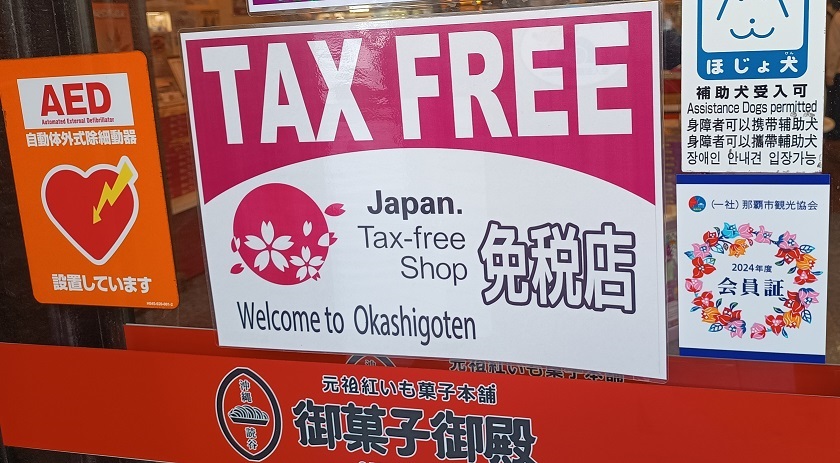Japan set to scrap tax-free shopping system as early as 2026

The Japanese government and ruling parties are planning to overhaul the country’s consumption tax exemption system for foreign tourists.
The current system, which allows tourists to purchase goods tax-free at the point of sale, has been plagued by widespread fraud, including the domestic resale of tax-exempt items.
To address this issue, the government proposes transitioning to a “refund system.”. Under this new model, tourists would pay the full price, including consumption tax, at the time of purchase.

Upon departing Japan, they would then claim a tax refund at customs. This system, commonly implemented in many European countries, aims to deter fraudulent activity by ensuring that tax exemptions are only granted for goods actually exported from Japan.
The planned changes go beyond simply shifting to a refund system. The government also intends to streamline the process for tourists by eliminating the current categorization of duty-free items, such as the distinction between “general” and “consumable” goods.

Furthermore, the current ¥500,000 spending limit on consumable items is expected to be abolished, along with the requirement for duty-free shops to use special tape or other methods to seal tax-exempt purchases.
The ruling parties will finalize the details of this change in their 2025 tax reform guidelines. The government aims to implement the new refund system as early as 2026, pending legislative approval and the necessary adjustments to the duty-free sales management system.

The current tax-exemption system allows foreign tourists staying in Japan for less than six months to purchase goods tax-free upon presentation of their passports. However, widespread abuse, including the resale of duty-free items within Japan, has undermined the system’s integrity.
A recent customs survey highlighted the severity of this issue. Of the 374 individuals who purchased duty-free items valued at ¥100 million or more in 2022, only 57 were subject to customs inspection.
Of these 57 individuals, 56 were unable to demonstrate that they had exported the goods, resulting in a tax liability. However, 55 of these individuals left Japan without paying the required taxes, amounting to a total of ¥1.85 billion in unpaid taxes.
